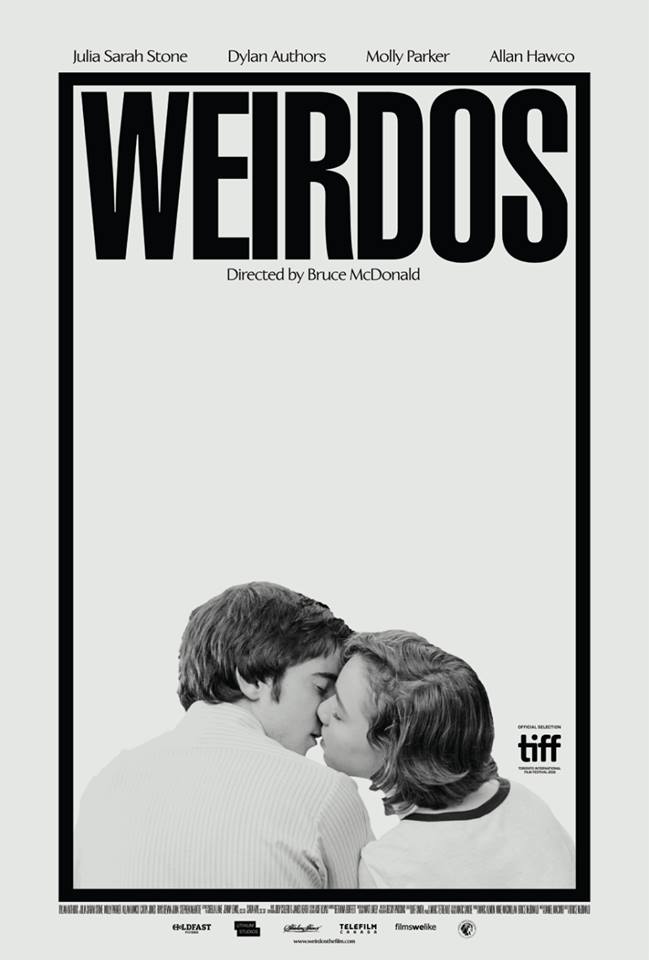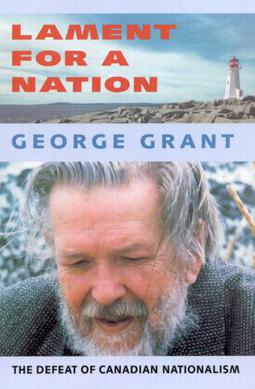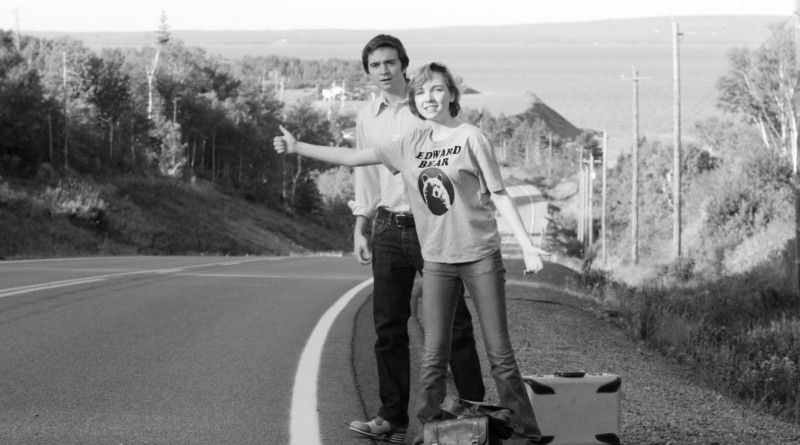Bruce McDonald’s “Weirdos” is a Wonderful Paean to Can-Con Identity
 A couple of weeks ago I was lucky to see a sneak preview of the new Bruce McDonald film Weirdos courtesy of my cousin Mark Almon, who was one of the producers of the film.
A couple of weeks ago I was lucky to see a sneak preview of the new Bruce McDonald film Weirdos courtesy of my cousin Mark Almon, who was one of the producers of the film.
While there are many fascinating angles to talk about in what is a wonderful film overall, the one that stood out to me perhaps the most is the theme of English Canadian nationalism, which is expressed visually through constant background coverage of the US Bicentennial celebrations (the story is set over the July 1st to July 4th weekend of 1976) and then contrasted by the constant audio of early and mid-1970s “Can-Con” pop radio that pours joyously out of the various cars that transport the young characters from place to place in the film. In his introduction to the film at the private screening he held for friends and family at our summer residences at Mahoney’s Beach in Antigonish County, Marc mentioned that the scriptwriter, Daniel MacIvor, had specifically asked for songs to accompany scenes.
The story begins with a 15-year 0ld boyfriend and girlfriend sneaking off to a party in Sydney from their homes in Antigonish, and is equal parts road movie and family reconciliation narrative. As it is set in the 1970s, there is a great deal of questioning, particularly about identities and desire. The adults in the film are all stuck in static situations, in kitchens or living rooms dominated by the relatively new invention of cable television (for Atlantic Canada, anyways) which spews non-stop celebrations of 200 years of American exceptionalism. The young people, meanwhile, are out exploring sexuality and possible role-playing ideas to a percolating soundtrack of early Canadian Content (Crowbar’s “Oh, What A Feeling”, The Stampeder’s “Carry Me”, and selections from the now mostly forgotten pop group Edward Bear, whose T-Shirt logo gets a great workout from the young female lead).
While there has always been a unique vitality to French Canadian nationalism, the response from the English side of the equation has often been marginalized in the broader transatlantic imperial Anglo-Saxon monoculture. As a result, it was for many years reduced to a small but important stream: the Confederation Poets, the Group of Seven, and the CBC and the National Film Board in the ‘50s and ‘60s. In 1970, the iconoclastic Don Shebib film Goin’ Down the Road added to the mix.
English Canadian nationalism’s ground zero in the 1960s was marked by the Halifax philosopher George Parkin Grant’s 1965 book Lament For A Nation. It set forth the argument that English Canada was doomed to vanish into the great mush of the endless dynamic of America’s dominant culture.
 The book, posted on the Literary Review of Canada’s 2005 “Most Important 100 Canadian Books Ever” list, challenged a generation of nascent nationalists to prove Grant wrong. Inspiring the likes of Margaret Atwood and James Laxer, a new English Canadian nationalism did eventually arise, but it was rarely expressed in the broader popular culture.
The book, posted on the Literary Review of Canada’s 2005 “Most Important 100 Canadian Books Ever” list, challenged a generation of nascent nationalists to prove Grant wrong. Inspiring the likes of Margaret Atwood and James Laxer, a new English Canadian nationalism did eventually arise, but it was rarely expressed in the broader popular culture.
Except in pop music.
Much of the early Can-Con was produced by the expat Brit, Terry Brown, now best known for helming production duties on the first twelve Rush albums. Brown had been enticed from his post at Olympic Studios in London, England, where he worked with popmeister Mickie Most on hits by Donovan while alternatively engineering tracks by The Who and Jimi Hendrix.
The reward for moving to Toronto to set up its first multi-track studio was a steady contract to produce lucrative beer commercials with the legendary Doug Riley, the man known as “Dr Music,” who had worked for Ray Charles and arranged the Moe Koffman material that the CBC still plays as the theme for its long-running evening wrap up show As It Happens.
I’ve gotten to know Brown a bit from my years as a studio owner at Idea Of East and through my songwriting co-writer Brett Ryan. He often spoke of those early days of Can-Con radio when a flood of easily identifiable Canadian musical artists suddenly flooded the airwaves with Canuck sounds. To him, it seemed like building something from nothing, as if someone had flicked on a switch and invented Canadian Pop Radio overnight.
In the early and mid-70s, English Canadians had little in the way of cinema. Our television had been largely colonized by American cable networks. Literature, the visual arts, drama and most of the other arts were regionalized and struggling.
The one thing of true cultural power that we had on our side was music.
Anne Murray. Murray McLauchlan. Leonard Cohen. Gordon Lightfoot. The Poppy Family. The Band. The Guess Who. April Wine. Rush. Trooper. The Stampeders. Neil Young. The aforementioned Edward Bear.
Eclectic. Distinct. Catchy. Irresistible.
It was, culturally, the only thing that seemed to be ours.
That sound is a key part of who we are as a country, and it rages gloriously in the background of Weirdos, a quintessentially Canadian film in the very best sense, and that you positively have to see… and hear!
[Weirdos screens September 16th in Halifax as the Friday Night Atlantic Gala at the 2016 Atlantic Film Festival]
Ron Foley Macdonald
Latest posts by Ron Foley Macdonald (see all)
- Mary Tyler Moore in Nova Scotia - January 30, 2017
- Viola Desmond’s Story on Film - December 11, 2016
- Bruce Springsteen’s “Born to Run” - December 9, 2016


